As the UX/UI Designer at The Wendt Agency, I am involved in developing websites for clients; from the concepting phase to taking them live. When working on website projects, I consider the fact that producing an attractive website is only one facet of what determines its overall success. Today, I’m going to delve a little deeper into what makes a website really stand out from its competition in search rankings: SEO (Search Engine Optimization), and how you can improve your website’s search rankings. This is not meant to be a comprehensive guide to SEO, or to make you a pro, but an article on how you should plan your SEO strategy for a new or existing website. Watch for more valuable tips and information when part two of this article is released.
Keyword Research
Whether you’re rebuilding a website or producing a new one from scratch, content is king, but that doesn’t mean your content should be king-sized. It’s important to understand what search engines are looking for and how you should plan your strategy. The first step should be researching your competition to determine what keywords their target audience uses to search for similar information, and see how well those keywords are performing. Keep in mind, the keyword or keyphrase, is the word or term someone will use in the search engine to find what they’re looking for. It’s very important to put yourself in the shoes of your audience during this stage.
To gain a better understanding of which keywords work best, you can view the search result’s metrics of your competition’s audience at https://trends.google.com/. Google has an SEO Ranking Checker that shows the rankings of the keywords or phrases your competitors are using for their search results at https://www.thehoth.com/search-engine-rankings/. You can also visit https://www.thehoth.com/seo-audit-tool/ to scan your site and compare the effectiveness of your keywords compared to your competitor’s websites. Once you have a better understanding of which keywords or phrases your audience and competition are using, you’ll be able to come up with an improved game plan for writing or editing your content.
Planning Your Content
Keywords and phrases should only be used once across the entire site and need to be strategically planned in each page’s content. Use clearly written paragraphs, headings, and subheadings, with only 1-2% of the content containing your keywords. Otherwise, if you saturate your content with keywords or phrases, Google will give those pages a lower score because its algorithm considers the copy as “keyword stuffed”. You also don’t want to duplicate copy on the website, which also includes keywords. Each page or post should focus on one aspect of your business, so your pages aren’t competing with themselves to outrank each other, which could cause more important pages to show up later in the results. If the content on a page makes reference to content that is currently on another page, use an internal bound link to that page rather than inserting duplicated text.
For example, if your website has an “About” page, it would be best to focus the content on that page based on the aspects that define your business, such as mission, core values, and strengths. If you would like to mention the businesses services on your “About” page, insert an internal bound link to “Services” rather than inserting duplicate content from that page. Then, on your “Services” page, detail the ways your business can help fulfill your customer’s goals.
Copywriting Dos and Don’ts
Beautiful photos and the right typography are great ways to make a website more appealing, but how will anyone find your website on Google if the content is poorly written? When coming up with new or editing existing content, you want to make sure that it’s well-written with a clear and informative message. Think of the main subject you want to discuss on your page or post and focus on what you want the keywords to be that are placed within the text.
Meta descriptions and focus keywords are the most important factor in how your page or post is displayed in the results. The meta description is the information that briefly explains what the page or post is about in search listings. You want it to be actionable, to the point, honest, and accurate so you have a unique message that your competitors aren’t using. Search engines also pick up on titles and subheaders and use those to help recognize what the page is about, so make sure to sprinkle keywords in both areas as it helps with readability.
Implementing Keywords, Phrases, and Meta Information
To get the most out of your SEO, I highly recommend using the Yoast SEO Premium plugin, which submits meta descriptions and focused keywords or phrases to search engines. There’s a free version that’s pretty basic but still effective. However, the premium version allows you to insert multiple keywords and phrases per page and also allows you to include synonyms of those, as long as you are keeping an eye on overstuffing the content. Both versions also allow you to analyze which keywords and phrases work best based on the content with a scoring system that displays how well that page will rank in the results and provides suggestions for areas of improvement.
Keep an eye out for part two of this discussion and more details on improving your content. Until then, I hope this gets your gears spinning and inspires you to begin working on improvements to your writing style.











